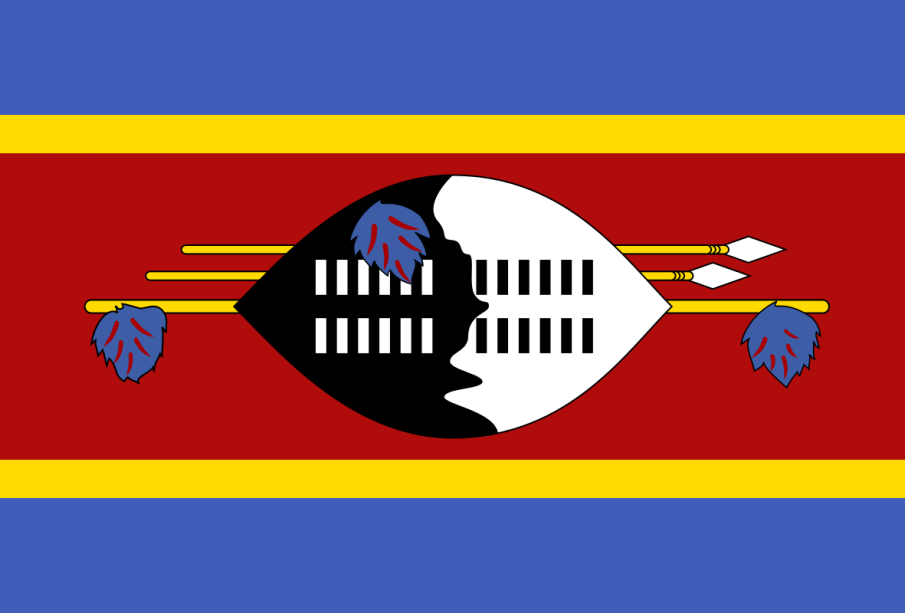Discovering Eswatini: Africa’s Last Absolute Monarchy

Introduction
Eswatini, formerly known as Swaziland, holds a unique position as one of Africa’s last absolute monarchies. Nestled in the southern part of the continent, Eswatini is a landlocked nation bordered by South Africa and Mozambique. The significance of Eswatini extends beyond its political structure; it showcases a rich cultural heritage and faces contemporary challenges, making it a focal point for conversations about governance, economic development, and cultural preservation in Africa.
Cultural Richness
Eswatini is renowned for its vibrant culture, which includes traditional ceremonies, music, and dance. The Umhlanga reed dance, a significant cultural event, attracts thousands annually, showcasing the kingdom’s commitment to its traditions. Additionally, the country is famous for its intricate handicrafts, including handmade baskets and beadwork, showcasing the artistic skills of the people. This cultural diversity enhances Eswatini’s appeal as a tourist destination, prompting hopes for economic growth through cultural tourism.
Current Political and Economic Landscape
Eswatini is grappling with ongoing socio-political challenges, particularly concerning governance and economic management. The country has faced several protests demanding democratic reforms and socioeconomic improvements. Reports indicate a stagnant economy heavily reliant on agriculture and a few manufacturing sectors. As a result, many citizens face poverty and unemployment, prompting discussions about economic diversification and self-sustainability.
International Relations and Future Outlook
In recent years, Eswatini has sought to strengthen its ties with international partners, aiming to attract foreign investment that could enhance its economic standing. Collaborations with organizations like the African Union and local initiatives to improve infrastructure and education signify a move toward modernization and development. Observers express cautious optimism regarding potential reforms that could provide better governance and improved living conditions for citizens.
Conclusion
Eswatini stands at a crossroads between preserving its rich cultural heritage and adapting to modern political and economic realities. As discussions about governance and socio-economic reforms continue, stakeholders within and outside the country have vital roles in shaping Eswatini’s future. The kingdom’s ability to balance tradition and progress will be crucial in navigating the complexities of the modern world, making it a key area for continued observation and engagement.









